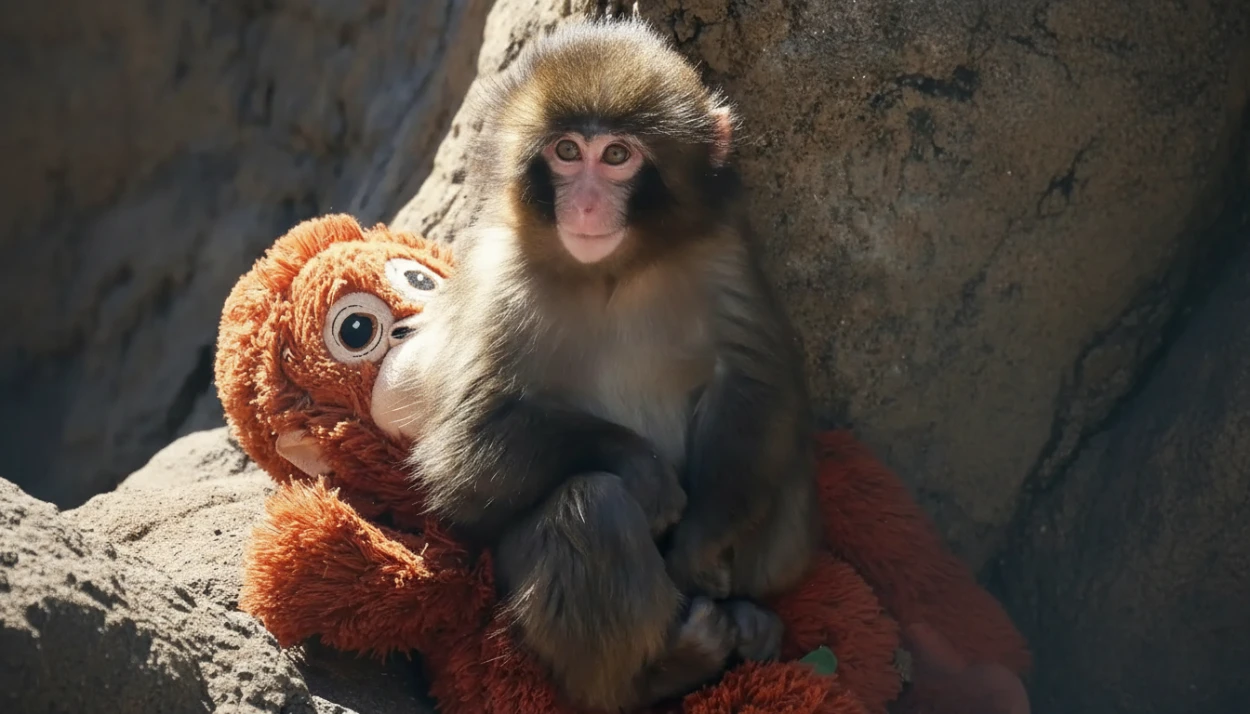As a responsible pet owner, you want the best for your furry companion, and this includes providing them with a healthy and balanced diet. While certain human foods can be safely shared with dogs, it's crucial to be cautious about what you offer them. In this article, we will explore the question, "Can dogs eat banana peppers?" and provide you with valuable insights into the potential benefits and risks associated with feeding banana peppers to your canine friend.

Are Banana Peppers Safe for Dogs?
What Are Banana Peppers?
Banana peppers, also known as yellow wax peppers, are a type of mild chili pepper characterized by their elongated shape and vibrant yellow color. They are commonly used in various culinary dishes for their tangy flavor and slight heat.
Potential Risks of Feeding Banana Peppers to Dogs
While banana peppers are not inherently toxic to dogs, there are several considerations to keep in mind. The primary concern is their spiciness, which may cause gastrointestinal discomfort in some dogs, especially those with sensitive stomachs.
Factors to Consider Before Giving Banana Peppers to Dogs
- Individual Sensitivity:
Each dog is unique, and their tolerance to different foods can vary. Some dogs may handle banana peppers well, while others may experience adverse reactions.
- Underlying Health Conditions:
Dogs with pre-existing digestive issues or certain health conditions may be more susceptible to negative effects from consuming banana peppers.
- Preparation:
The way banana peppers are prepared and served can also impact their safety for dogs. Avoid offering them pickled or seasoned with spices that could be harmful to dogs.
Benefits of Banana Peppers for Dogs
Nutritional Content of Banana Peppers
Banana peppers are a rich source of essential vitamins and minerals, including vitamin C, vitamin B6, and potassium. These nutrients play vital roles in maintaining your dog's overall health and well-being.
Health Benefits, if Any, for Dogs
While banana peppers offer some nutritional value, dogs can typically obtain these nutrients from their regular diet. It is essential to prioritize balanced dog food formulated to meet their specific dietary requirements.
Potential Risks and Side Effects
Digestive Issues and Upset Stomach
One of the most common side effects of feeding banana peppers to dogs is gastrointestinal upset. Dogs may experience symptoms such as vomiting, diarrhea, or excessive gas.
Allergic Reactions in Dogs
Just like humans, dogs can be allergic to certain foods. If you notice any signs of allergies, such as itching, swelling, or difficulty breathing, discontinue feeding banana peppers immediately and consult your veterinarian.
Possible Toxicity Concerns
Banana peppers are generally considered non-toxic to dogs when consumed in moderation. However, if ingested in large quantities or in concentrated forms, they could potentially lead to more severe issues.

Moderation is Key
Importance of Portion Control
If you decide to offer your dog a small amount of banana pepper, moderation is crucial. Introduce it gradually and monitor their response.
Recommendations for Feeding Banana Peppers to Dogs
- Remove Seeds and Membranes:
The spiciness in peppers primarily resides in the seeds and membranes. Before sharing a small amount with your dog, make sure these parts are removed.
- Raw vs. Cooked:
If you want to try giving your dog banana peppers, it is better to offer them raw and unseasoned. Cooking may intensify the spiciness, making it more challenging for your dog to tolerate.
Alternative Safe Treats for Dogs
List of Dog-Friendly Fruits and Vegetables
Fortunately, there are many safe and nutritious fruits and vegetables that you can share with your dog as treats. Some options include apples, blueberries, carrots, and green beans.
Nutritious Options to Consider Instead of Banana Peppers
Instead of banana peppers, consider incorporating these healthier alternatives into your dog's diet to provide them with additional nutrients without the potential risks.
Preparing Banana Peppers for Dogs
Safe Methods of Preparation
If you decide to offer your dog banana peppers, ensure they are fresh, raw, and thoroughly washed before serving. Avoid using any seasoning or additives that may be harmful to dogs.
Avoiding Harmful Additives and Seasonings
Common seasonings like onion, garlic, or excessive salt should be avoided, as they can be toxic to dogs. Stick to plain, fresh banana peppers in minimal amounts.
Observing Your Dog's Reaction
How to Monitor Your Dog's Response to New Foods
When introducing any new food, including banana peppers, observe your dog closely for any signs of adverse reactions or sensitivity.
Signs of Allergic Reactions or Digestive Issues
If your dog displays symptoms such as itching, hives, swelling, vomiting, diarrhea, or changes in behavior after consuming banana peppers, contact your veterinarian immediately.

Conclusion
In conclusion, while banana peppers are not inherently toxic to dogs, they should be approached with caution. The spiciness of these peppers can lead to gastrointestinal discomfort and potential allergic reactions in some dogs, especially those with sensitive stomachs or underlying health conditions. Feeding banana peppers to your canine friend should be done in moderation and only after carefully removing the seeds and membranes to reduce the spiciness.
As a responsible pet owner, it is crucial to prioritize your dog's well-being by providing them with a balanced and nutritious diet. While banana peppers offer some nutritional value, dogs can obtain these nutrients from their regular dog food, specially formulated to meet their dietary requirements. If you decide to introduce new foods into your dog's diet, including banana peppers or any other treats, always monitor their response closely for any signs of adverse reactions.
Remember, there are plenty of safe and healthy alternatives to banana peppers that you can share with your dog. Fruits such as apples and blueberries, as well as vegetables like carrots and green beans, can provide your furry companion with essential vitamins and minerals without the potential risks associated with spicy foods.
Ultimately, the well-being of your dog should be the top priority, and consulting with a veterinarian before introducing any new foods into their diet is highly recommended. By making informed decisions and paying attention to your dog's individual needs, you can ensure a happy and healthy life for your beloved canine companion.
Frequently Asked Questions (FAQs)
Is it safe to feed banana peppers to dogs in small amounts?
- Yes, in moderation and with certain precautions, feeding small amounts of raw banana peppers might be safe for some dogs. However, it's essential to monitor their response closely.
Can banana peppers cause stomach upset in dogs?
- Yes, the spiciness of banana peppers can lead to gastrointestinal discomfort in some dogs, resulting in symptoms like vomiting or diarrhea.
Are cooked banana peppers safe for dogs?
- Cooked banana peppers may intensify the spiciness, making them less suitable for dogs. It is better to offer them raw and unseasoned if you choose to share a small amount.
Which nutrients do banana peppers offer to dogs?
- Banana peppers contain essential vitamins and minerals such as vitamin C, vitamin B6, and potassium, which can be beneficial in moderation.
What are some alternative treats for dogs?
- There are various dog-friendly fruits and vegetables, including apples, blueberries, carrots, and green beans.









